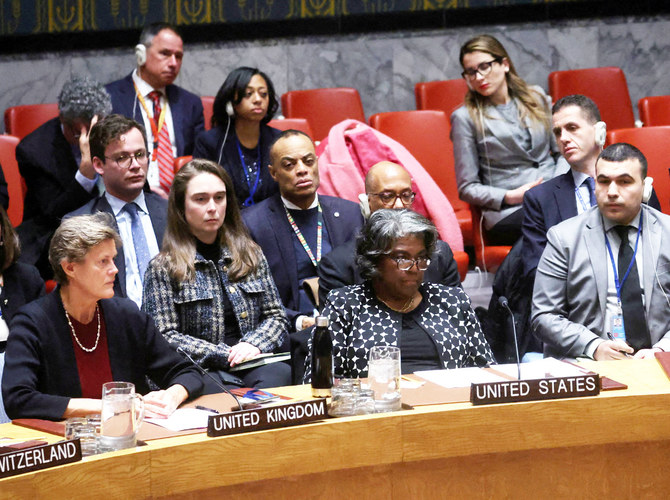
At the end of the Second World War, the Allies, led by the US, were planning the largest seaborne military operation in history — what we know as D-Day and the Normandy landings. The invasion would open up Europe’s western front, while the Russians, at great sacrifice, were advancing in the east.
However, as France was about to be liberated, a question popped up among the US and British leadership: What role would there be for Gen. Charles de Gaulle, leader of Free France, and what would become of the country?
De Gaulle had fled France to the UK as Nazi Germany invaded his country. After issuing his famous call to resistance, often dubbed the Appeal of June 18, 1940, he remained as a guest in London. He was a figurehead for the resistance, but was essentially under the protection of the US, which left little scope for independent decision-making.
In fact, during the planning for the D-Day landings, de Gaulle was in Algeria and was only told at the last minute of the offensive to reclaim western Europe. Historians have revealed that Gen. Dwight D. Eisenhower, supreme commander of the Allied forces, did not like him and also had a difficult relationship with Winston Churchill, the British wartime leader.
Both Allied leaders nevertheless needed a speech from de Gaulle to encourage sabotage and support liberation operations. However, de Gaulle refused to take second place when addressing the French people and delivered an address that suggested it was a battle for France by France.
De Gaulle did not land on French soil until June 14, 1944, eight days after the Normandy landings. His itinerary was mapped out by the Allies and he was only supposed to complete a short tour. However, de Gaulle imposed himself by making a speech in Bayeux, then installing a provisional government, thereby undermining the designs of the Allies. If de Gaulle had not been there, a provisional military administration would have been put in place, as in Italy and Japan, until a government was finalized.
Yet, when Eisenhower arrived, de Gaulle was already being cheered and acclaimed by his people, and the Allied leader had little choice but to accept the situation. De Gaulle’s “fait accompli” showed he was unwilling to let the US determine his role and the future of France. He also showed he was capable of extending real power and strength — the power and strength he knew his country and people possessed.
Nevertheless, de Gaulle regained his standing among the Allies and preserved France’s friendship with the US. Throughout the Cold War and despite his reservations about NATO, the French leader never failed his friendships and kept his alignment with the transatlantic alliance. When danger came knocking, he stood by Washington’s side, but also made efforts to develop France’s own deterrence and security policies. He also never forgot America’s sacrifice: The US suffered 552,117 casualties in the European theater of operations, including 104,812 killed in action.
I recount this story because it is always difficult to keep your integrity when you have a powerful or extremely wealthy friend. It is even more difficult to preserve this friendship and not become a pawn or toy. Indeed, what is a major and costly decision for you can be a dime and an expendable mistake for them.
Today, the EU is in danger of failing this friendship and hence the transatlantic alliance. The alliance that has brought great prosperity since the end of the Second World War cannot survive if Brussels does not stand up to the challenges it faces and find its own voice.
Despite the current war in Ukraine, the world we live in has never been so stable and peaceful. That is thanks to the transatlantic alliance and the US. From Africa to Asia, the past 80 years have brought great improvements, with declining poverty, better healthcare and greater stability. This should not be taken for granted and the sacrifices of the world war need to be remembered.
And so, just as de Gaulle did, the EU needs to reclaim its sovereignty and rebalance its relationship with the US, while remaining committed to and engaged in the transatlantic alliance. This can only start with a truly unified foreign policy. Indeed, a European solution to the war in Ukraine is needed urgently.
It is time for Europe to speak and decide for itself, and impose its own will. This is not impossible and has become a necessity. The EU must understand that Ukraine is just the tip of the iceberg, and that more dangers are looming from the Balkans to Africa. If it fails to achieve this transition, the war in Ukraine and the energy crisis will soon seem like a walk in the park.
Khaled Abou Zahr is CEO of Eurabia, a media and tech company. He is also the editor of Al-Watan Al-Arabi.












